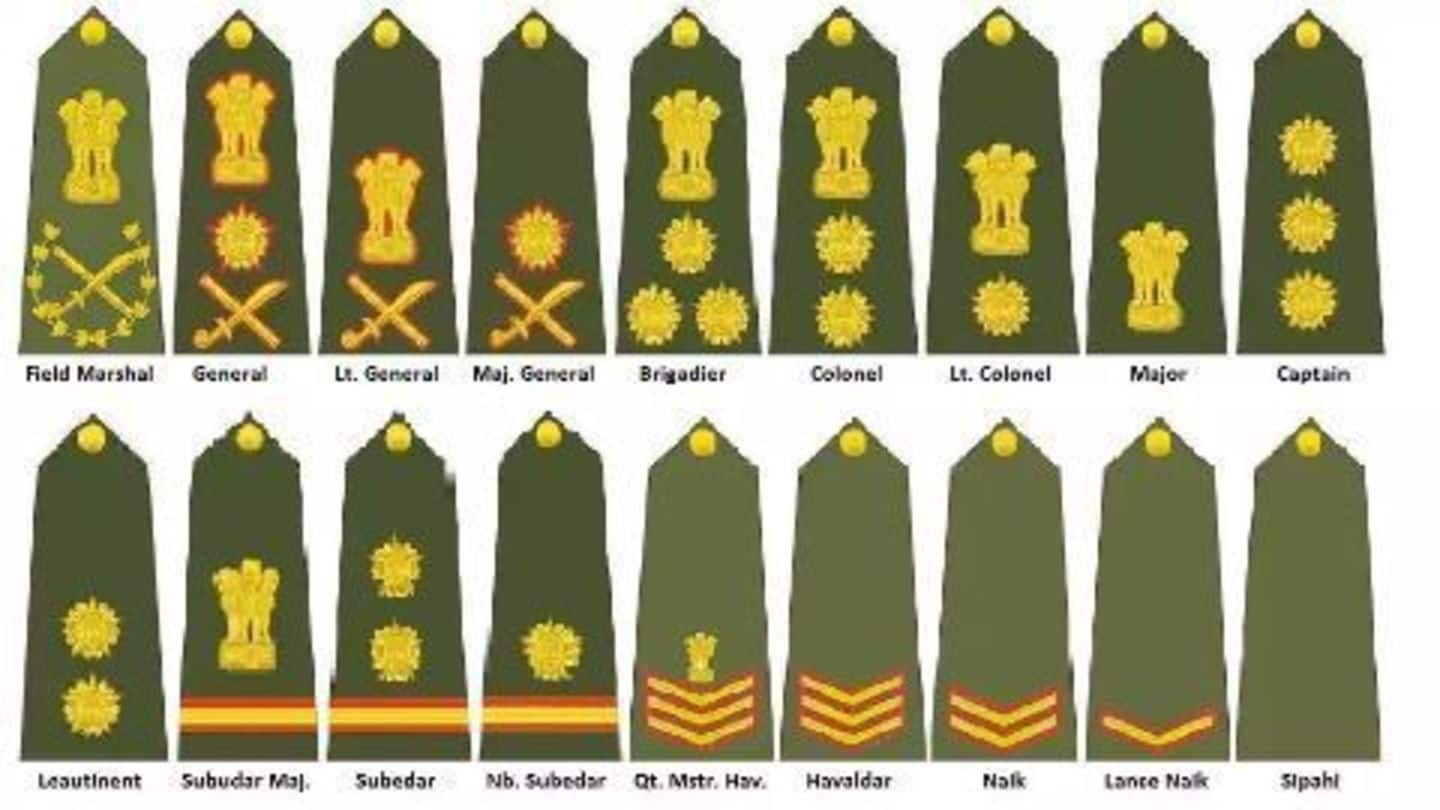
Govt set to create a single point military adviser
What's the story
The Narendra Modi government is all set to create a Permanent Chief of Staff Committee (PCOSC) who will be a single point military adviser to the Union government. The PCOSC, which was recommended by Naresh Chandra Committee on higher defence reforms, will be a four starred officer. PCOSC will help to "break down silos within armed forces and create synergies".
About
What is PCOSC?
The PCOSC (Permanent Chief of Staff Committee) will be equivalent in rank and protocol to the Chief of Staffs of Army, Navy, and Air Force. PCOSC will be responsible for all military hardware acquisition processes, tri-service command in Andaman and Nicobar, special forces, cyber command, etc. With a tenure of 2 years, PCOSC will comprise only of serving four-starred officers.
Background
The history behind the COSC
The position of a single point military adviser was mooted after the 1999 Kargil war by the Subramanyam committee set up by the Atal Bihari Vajpayee government. The committee had then proposed a 5-star Chief of Defence Staff to whom the chief of staff of armed forces would report. However, the idea was shelved for the fear of creating an overly powerful military authority.
2013
Naresh Chandra committee recommends PCOSC
The Naresh Chandra Committee set up in 2011 by the UPA government recommended a watered down version of Chief of Defence Staff. The four-starred PCOSC (equivalent to chief of staff of 3 armed forces) alleviates the concerns of creating an overly powerful military general. The PCOSC will be responsible for "jointness at the top" in terms of planning, operation, and modernization of the military.
Personal
The current scenario
The Chief of Staff Committee currently is not a separate permanent position but is rather held in rotation by the senior most member of the 3 armed forces until retirement.
Benefits
PCOSC will propel armed forces to modernisation
Permanent COSC will leave greater time with military chiefs for operational and administrative roles. PCOSC by providing a bigger picture will help overcome the problem of each wing seeing things according to their own perspective and requirements. With wars getting increasingly complex, PCOSC will be responsible for the strategic command in charge of nuclear weapons and the upcoming cyber and space commands.